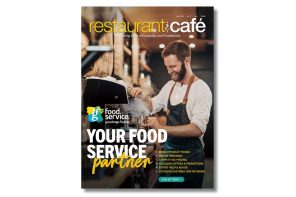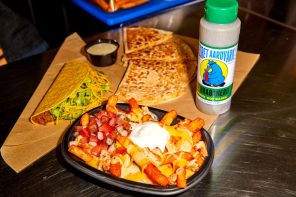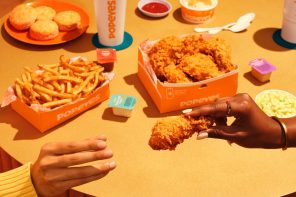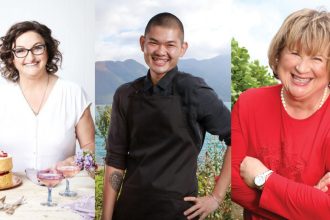Michal Garvey wants to offer Wellington eateries an alternative solution to surplus food waste.
Foodprint connects 35,000 consumers in Auckland with 400 eateries offering discounted leftover food through the app. Garvey hopes to fight climate change by reducing food waste through this app.
Founded two years ago, Foodprint is one of eight start-ups chosen to take part in a 12-week programme by Creative HQ.
The programme offers each start-up $20,000 to develop, and at the end of the 12 weeks, they can pitch their business to investors.
Garvey intends to use some of the funding to open in Wellington to take advantage of the flourishing café culture.
Foodprint requires participating eateries to discount the leftover food by at least 30 percent and takes a commission on each sale.
In Auckland, 35,000 consumers used the app, reported Garvey. They received notifications of discounted food and purchased through the app.
The app not only benefits consumers with discounted food but the eateries as well. Not only profiting from products that would’ve been thrown out, consumers often bought something else when they collected their food.
The app also showed consumers how much carbon dioxide emissions they had reduced through this initiative.
Garvey explained that approximately 50,000 tonnes of food from New Zealand food retailers and hospitality businesses was wasted each year, and more than 50 percent of it is edible.
Reducing food waste has been identified as the third most important action consumers can do to fight climate change.
Garvey felt it was important to play her part in fighting climate change by running a sustainable business.
As a teenager, Garvey became vegetarian to reduce her impact on the planet, and she worked for Hello Fresh in London. The idea for Foodprint came from living in Europe, where similar apps were operating.
Whilst Covid lockdowns had challenged Foodprint, Garvey said the app helped food businesses make more sales from surplus food.
Organic restaurant Little Bird Kitchen owner Megan May said it is great knowing that surplus food is going to someone who wants it.
Organic food is expensive and has a short shelf life, so making it available to more people is a plus.
Whilst the financial benefits of selling surplus food is not huge, it is definitely a benefit. The restaurant does its best to minimise waste, but it is hard to predict sales each day and Foodprint provides a solution to this variable.






